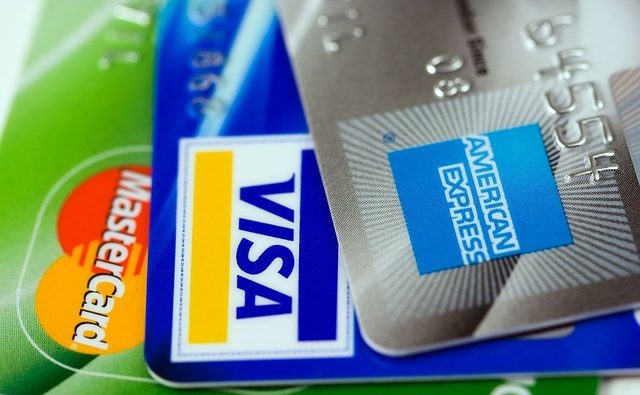Does a Chapter 7 Bankruptcy Get Rid of All My Debts?
Filing a Chapter 7 Bankruptcy could get rid of all of your debt, but may not for everyone. The key is what type of debt you have. In a Chapter 7 bankruptcy, debt is categorized into two types: dischargeable (debts that will be eliminated) and nondischargeable (debts you will still be responsible for).
Dischargeable Debt
If you have only dischargeable debts, then you will likely be cleared of all your debts up to the point of filing a Chapter 7 bankruptcy. Dischargeable debts under Chapter 7 include but are not limited to:
- Credit card debt
- Medical bills
- Personal loans
- Utility bills
- Business debt
- Lease agreement debt (past due debt)
- Attorney fees
Keep in mind, however, there are two additional factors to remember when determining dischargeable debt. Timing and Creditor Objections.
In terms of timing, the list of dischargeable debts above only applies to debts that were owed as of the time of filing the Chapter 7 bankruptcy. For example, utility bills that were owed prior to the filing will be discharged, however, if those utilities remain in use after the date of filing, you will still be responsible for the bills that incur while the bankruptcy is still ongoing.
Lastly, be prepared for creditor objection. Even though a certain debt falls into the dischargeable debt category, the creditor is still within its rights to object to certain charges as nondischargeable. Objections can stand on the grounds of:
- “Luxury” charges to a credit card within 90 days of filing for bankruptcy
- Cash advances within 70 days of filing for bankruptcy
- Debts obtained by fraud or false pretenses
- Debts incurred due to willful and malicious injury (intentionally injuring a person or property)
Nondischargeable Debt
Nondischrageable debt refers to types of debt that no Chapter 7 bankruptcy can eliminate, except under extraordinary circumstances. If you file for Chapter 7 bankruptcy with these types of debt, you will still be responsible for them after the bankruptcy is finalized. Nondischargeable debts include but are not limited to:
- “Unscheduled” debts, or debts not listed on the original bankruptcy filing
- Certain tax debt
- Child support, spousal support or alimony debt
- Government debts due to penalties or fines
- Student loans
If you are considering bankruptcy, contact an experienced bankruptcy attorney to help discuss your options and which type of bankruptcy might be best for you. Contact our office to schedule a consultation to discuss your specific situation. Call (708) 998-1188, email info@ljlawlv.com, or schedule a consultation online.
For more information on bankruptcy and debt settlement, check out our bankruptcy blog, and Bankruptcy TV playlist on Youtube.

